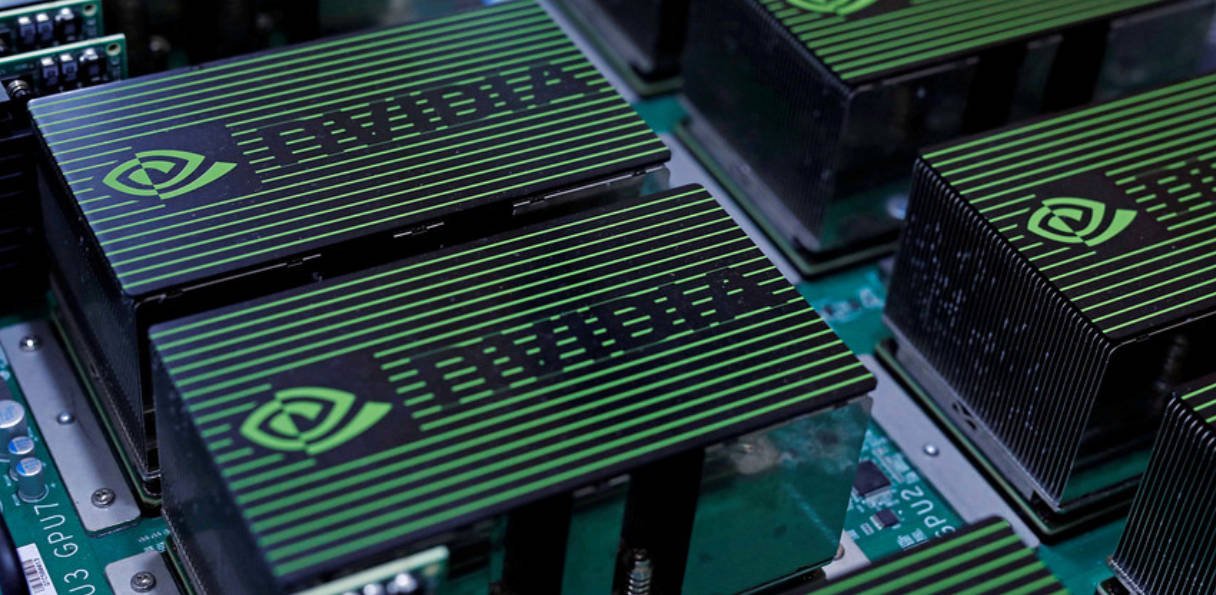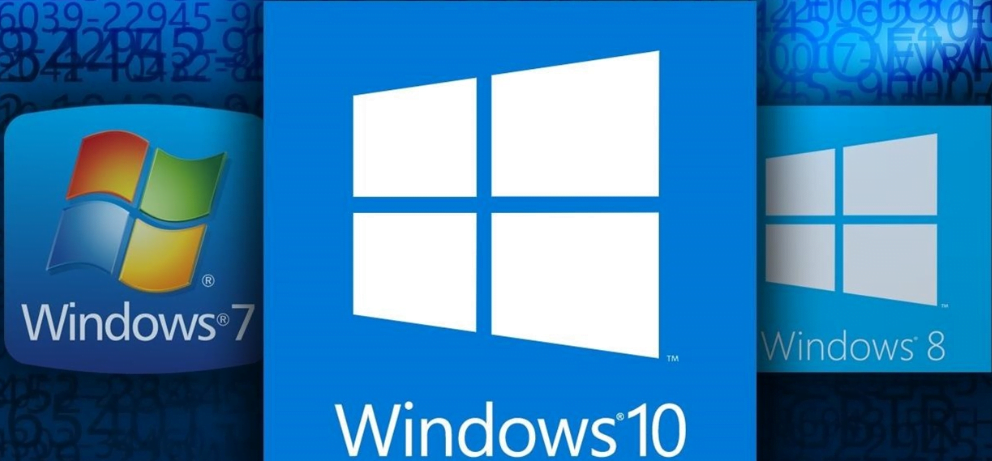The Importance of Cybersecurity in Today’s Technology Landscape
As our lives become intertwined with technology and the digital world, cybersecurity is more important than ever. In today’s modern landscape, where mobile devices are everywhere and data breaches are becoming increasingly frequent, it’s essential to understand the importance of keeping your information safe from malicious actors. With cybercriminals out there looking for any opportunity they can find to exploit companies large and small — as well as individuals — now’s the time to ensure you have a comprehensive understanding of security best practices in place so you can stay ahead of potential threats.
In this blog post, we’ll explore some key facts about cybersecurity that will inform why investing in this line of protection is critical for protecting yourself both online and offline.
Understanding the Basics of Cybersecurity
Cybersecurity is now a key component of safeguarding sensitive data. The internet is now more accessible than ever before, and with that comes a higher risk of cyber attacks. It’s essential to understand the basics of cybersecurity to keep personal and business information safe from hackers. That’s where cybersecurity awareness training comes in – this training teaches the fundamentals of cybersecurity and educates individuals on the potential risks they face daily. By being aware of the risks and staying up to date with the latest security measures, we can help protect ourselves, our data, and our businesses from the dangers of cyber threats.
Modern Tools and Strategies for Maintaining Data Security
There are numerous solutions available to help secure your data, with new options being developed regularly. Firstly, firewalls remain a key line of defense, blocking unauthorized access to your network. Antivirus and antimalware software are also critical, helping identify and remove harmful software before it can cause damage.
In terms of strategies, multi-factor authentication (MFA) is a significant advancement. By requiring more than one piece of evidence to authenticate a user, the risk of a breach is significantly reduced. Similarly, the use of secure cloud storage provides an extra layer of protection by storing data offsite, reducing the risk of physical theft or damage.
Furthermore, encryption is a must-have tool for any individual or business concerned about data security. It converts sensitive data into a coded version, which can only be decoded with the correct key.
Assessing Your Home Networks for Potential Weaknesses
Your home network can be a potential entry point for cyber attackers. Therefore, it’s important to audit it regularly for any vulnerabilities. Start by ensuring your Wi-Fi network is secure – use a strong, unique password and consider enabling network encryption, typically provided via WPA2 or WPA3 protocols. Change the default username and password of your router, as these defaults are often easily accessible to cybercriminals.
Always keep your devices and router firmware up-to-date, as updates often include patches for security vulnerabilities. Also, disable remote management, as this can give hackers easy access to your network. To protect your devices, install reputable antivirus software and enable automatic updates.
Be mindful of who has access to your network. Regularly review the list of devices connected to your network and ensure they are all devices you recognize. If you see any device you don’t recognize, remove them immediately. By taking these steps, you can make your home network a less appealing target for cyber attackers.
Preparing Yourself for Common Cyberattacks and Scams
Awareness and preparedness are your best defenses against common cyberattacks and scams. Phishing emails, for example, attempt to lure you into providing sensitive information by masquerading as a trustworthy entity. These emails often create a sense of urgency, pushing you to act without thinking. Always critically evaluate such emails, looking for suspicious elements, and never click on links or download attachments from unknown sources.
Ransomware is another common threat, which locks you out of your system and demands payment to restore access. Regularly backing up your data can help mitigate the consequences of such an attack.
Social engineering scams manipulate you into disclosing confidential information. Be wary of unsolicited calls or messages from individuals attempting to gain information or access to your systems.
The Benefits of Implementing Strong Cybersecurity Protocols
Implementing robust cybersecurity protocols is a beneficial endeavor that yields substantial rewards. The most evident benefit is the protection of sensitive data, which is vital for maintaining customer trust and preserving your company’s reputation. With robust cybersecurity in place, you minimize the risk of business disruption due to cyberattacks, which can be costly and time-consuming to address.
Additionally, strong cybersecurity protocols can yield financial benefits. By protecting against potential data breaches, you reduce the risk of fines and lawsuits associated with data loss. Not only can these cost a company millions, but they can also cause incalculable damage to the brand’s image.
Strong cybersecurity protocols can also create a competitive advantage. As customers become more knowledgeable about cybersecurity, companies with robust protocols can leverage this to differentiate themselves in the marketplace and attract customers who prioritize their data security.
Tips for Keeping Devices Secure in a Connected World
In our digitally interconnected world, device security has become paramount. Here are some practical tips to keep your devices secure:
- Keep software and apps up-to-date: Software and app updates often contain vital security patches. Enable automatic updates to ensure you’re always using the most secure version.
- Use secure, one-of-a-kind passwords: Avoid using passwords that are simple or obvious. Consider using a password manager to remember your passwords and generate complex ones.
- Enable multi-factor authentication (MFA): Whenever possible, use MFA. This adds another layer of security by requiring additional verification beyond your password.
- Install a reputable security suite: Choose a recognized security application that offers real-time protection against malware, ransomware, and phishing attempts.
- Secure your Wi-Fi networks: Always password-protect your home Wi-Fi network. Avoid connecting to public Wi-Fi networks, as they often lack strong security measures.
- Be wary of unsolicited communications: Never click on links or download attachments from unfamiliar sources. Be skeptical of any communication asking for your personal or financial information.
- Regularly backup your data: In case of a security breach or device failure, regular backups will ensure you don’t lose important information.
In conclusion, with the right approach, you can minimize the risk of falling victim to a cyberattack. Investing in robust cybersecurity protocols and being aware of potential threats will help keep your data safe in the ever-expanding technology landscape.



